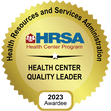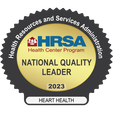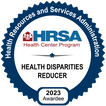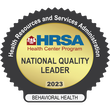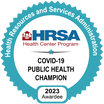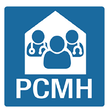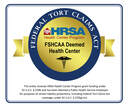Buckhannon, W. Va. — Community Care of West Virginia (CCWV) received a charitable contribution from J. Lohr Vineyards & Wines as part of its “50 Years, States & Ways of Giving” campaign. CCWV will use the $5,000 award to support its partnership with FARMacy WV, a program that provides access to affordable produce for patients with chronic diseases.
Located in San Jose, California, J. Lohr Vineyards & Wines launched the charitable campaign earlier this year to celebrate its 50th anniversary and reflect its commitment to supporting local communities. Through the program, one nonprofit organization in each of the 50 states was identified to receive a $5,000 award, totaling more than $250,000 in donations, to help advance the recipient charities’ stated missions.
“We are honored to be selected as the non-profit organization in West Virginia to receive this generous award,” said Trish Collett, CEO of Community Care of West Virginia. “Community Care is comprised of many home-grown employees who pride themselves on caring for their communities. This contribution furthers our mission of helping our communities live the healthiest lives possible.”
Community Care received the award during a check presentation ceremony on Wednesday, June 19 in front of the Community Care of Buckhannon building. The check was presented to Collett by Davis Hyde, Mid Atlantic Regional Manager for J. Lohr Vineyards & Wines.
“Community Care was selected because of the impact they have on the communities they serve,” said Hyde. “They are a bedrock in this area and provide so many needed services to rural populations. We are happy to contribute to their efforts and programs that support West Virginians.”
“We plan to utilize the funds from this award to continue our support of FARMacy WV, which allows us to give vouchers to our patients with chronic illnesses, such as diabetes, to receive fresh vegetables all season long from local farmers,” said Collett. “With this donation we can increase the number of patients we serve this year.”
The FARMacy WV program launched in Wheeling in 2016 as a collaboration between a free community clinic and Grow Ohio Valley. The program came out of concern for the health of West Virginians, who lead the country in chronic diseases such as high blood pressure, diabetes, and obesity. Community Care began a partnership with FARMacy WV in 2019 and now offers the program in three of its health center locations. Through the program, eligible patients receive a prescription for fresh, locally-grown produce, as well as basic nutrition and cooking education. For additional information on FARMacy WV, visit farmacywv.com.
Community Care of West Virginia (CCWV) is a Federally Qualified Health Center (FQHC) located in West Virginia serving over 50,000 patients from 30 West Virginia counties with seventeen (18) community health center locations, fifty (50) school-based health sites, seven (8) 340(b) pharmacies, and one (1) dental office. Community Care of West Virginia employs a dynamic team of more than 500 health professionals including MD, DO, FNP, PA-C, Psychiatrists, Psychologists, LICSW, LCSW, LGSW, RPH, and DDS’s. www.ccwv.org






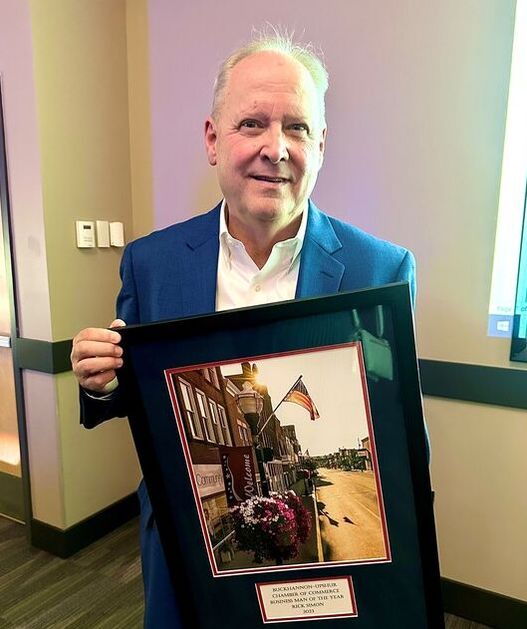
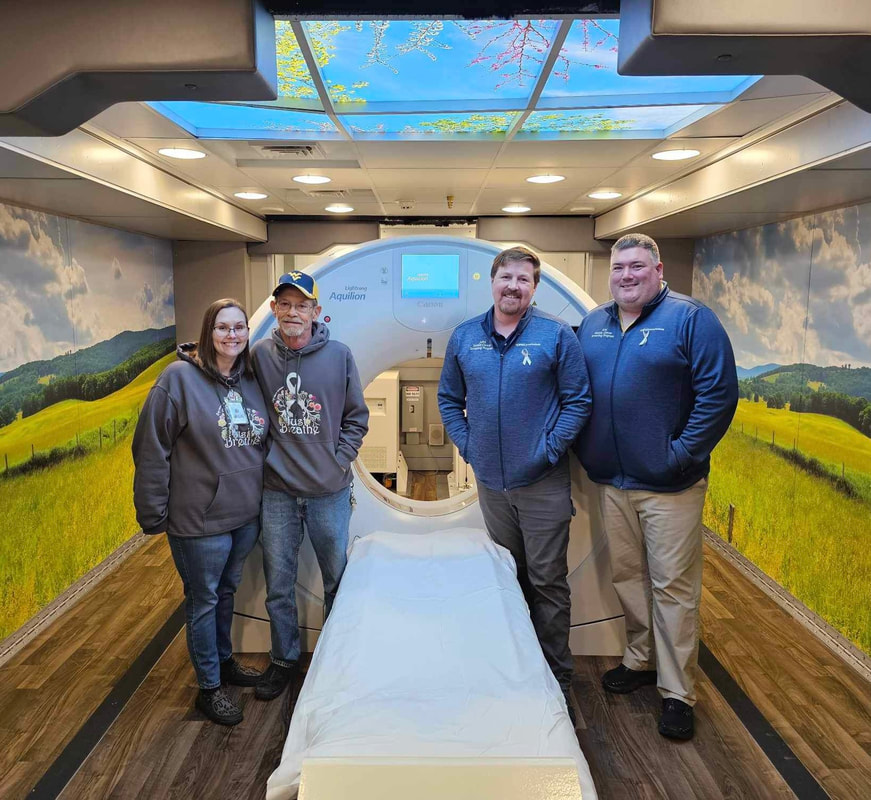
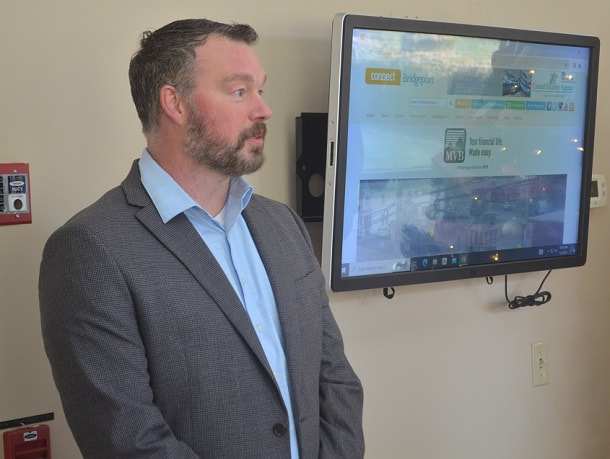
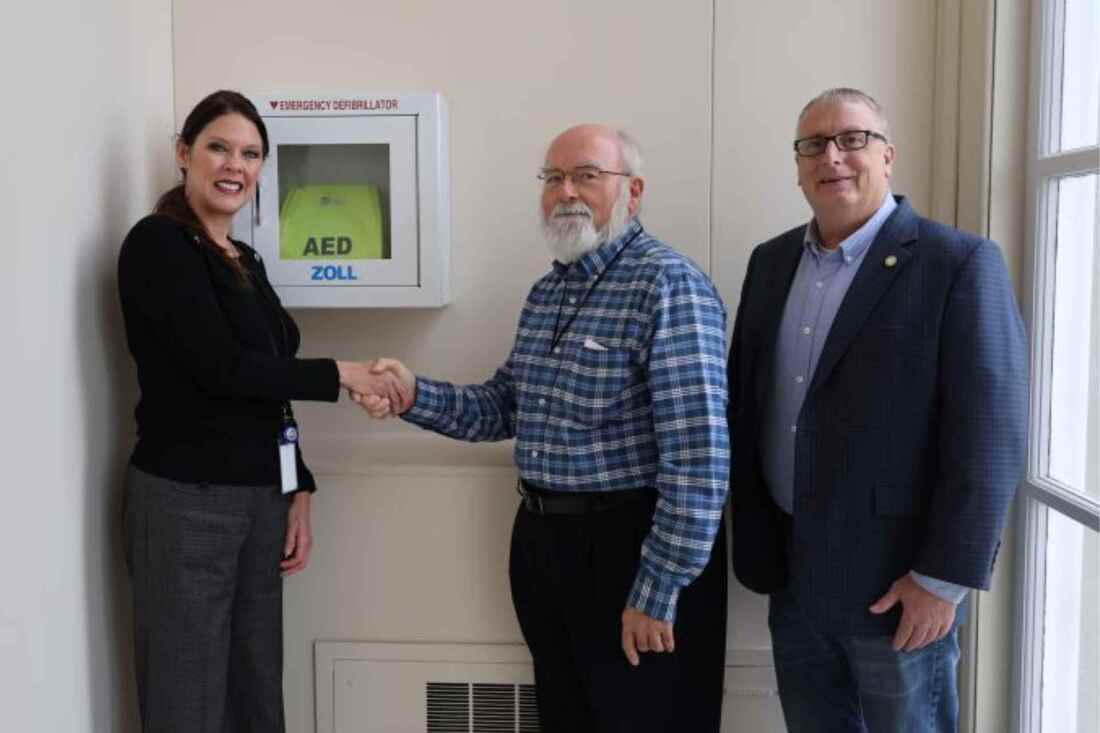
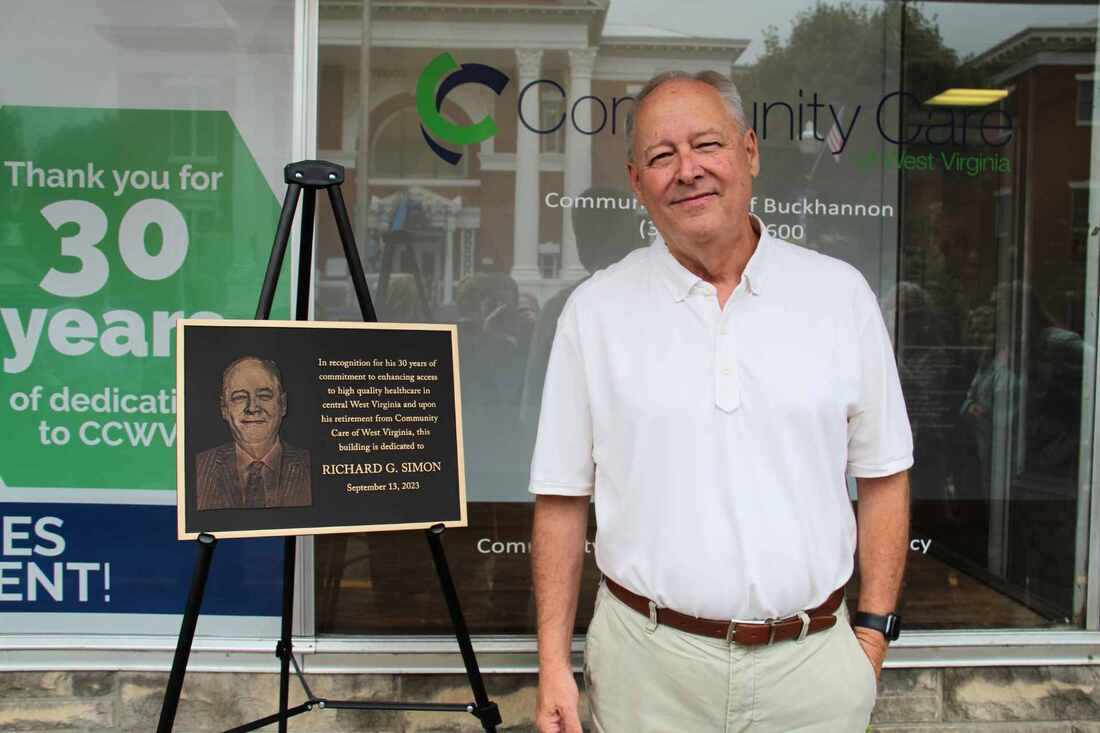
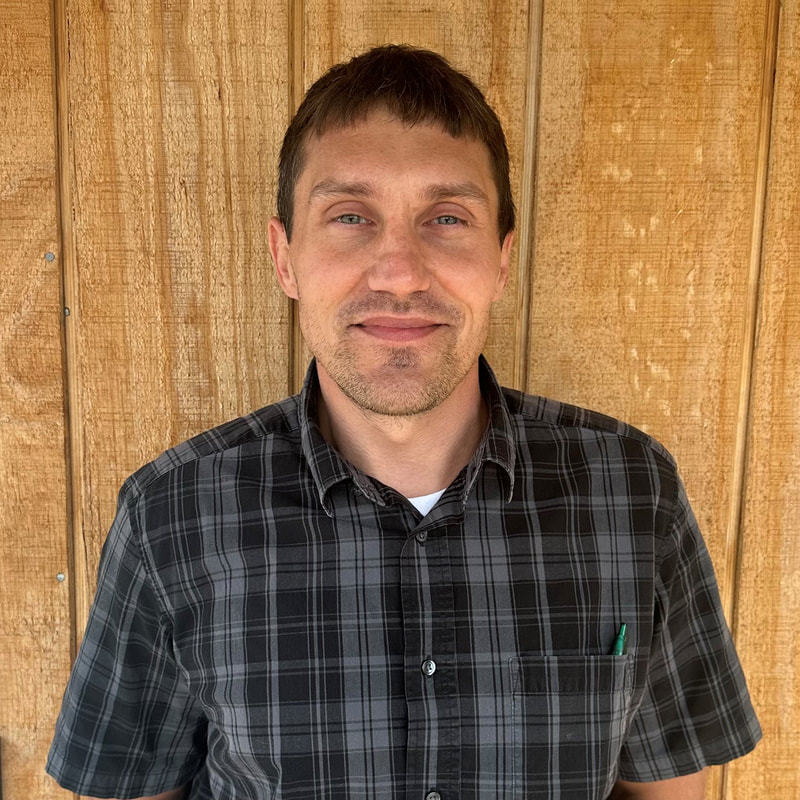
 RSS Feed
RSS Feed
